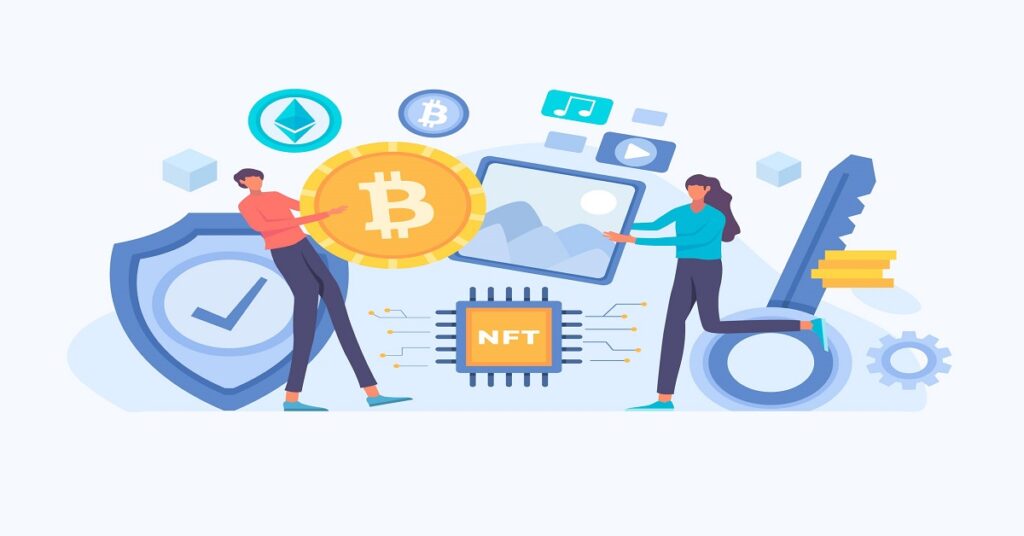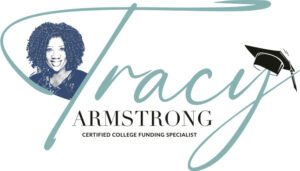Blockchain technology is transforming industries with its decentralized, secure, and transparent nature. From finance and healthcare to supply chain and real estate, businesses are leveraging blockchain to drive innovation and efficiency. As the demand for decentralized solutions grows, choosing the right blockchain application development company becomes crucial for success. These companies offer the expertise and tools needed to build reliable, scalable, and customized blockchain applications. Whether you’re launching a DeFi platform, creating smart contracts, or developing enterprise-grade blockchain systems, partnering with a skilled development team ensures a seamless journey from concept to deployment in the ever-evolving blockchain ecosystem.
- Ethereum (with Hardhat & Truffle)
Best For: Smart contract development & DeFi projects
Language: Solidity
Ethereum is the most popular blockchain platform for building dApps, largely due to its vast developer community and established ecosystem. While Ethereum itself is the blockchain, Hardhat and Truffle are development frameworks that simplify building, testing, and deploying smart contracts on Ethereum-compatible networks.
- Hardhat offers local Ethereum environments, debugging tools, and plugin integrations.
- Truffle is known for its ease of use, offering an end-to-end suite for contract compilation, deployment, and testing.
These frameworks are essential for anyone building in the Ethereum ecosystem.
- Hyperledger Fabric
Best For: Enterprise blockchain solutions
Language: Go, Java, JavaScript
Developed by the Linux Foundation, Hyperledger Fabric is a permissioned blockchain framework designed for businesses. It allows organizations to create private networks with custom access control, making it ideal for use cases in supply chain, finance, healthcare, and insurance.
Its modular architecture supports plug-and-play components, enabling tailored governance and consensus mechanisms. Hyperledger Fabric is widely adopted by enterprises due to its scalability and privacy features.
- Solana
Best For: High-performance dApps & DeFi
Language: Rust, C, C++
Solana has made waves in the blockchain space due to its extremely fast transaction speeds and low fees. It uses a unique Proof of History (PoH) mechanism in conjunction with Proof of Stake (PoS), allowing thousands of transactions per second.
Developers use Rust or C to write Solana smart contracts, called programs. While there’s a steeper learning curve compared to Solidity, Solana’s performance advantages make it a top choice for performance-critical apps like decentralized exchanges (DEXs) and NFT marketplaces.
- Polkadot (Substrate Framework)
Best For: Interoperable blockchains and custom chains
Language: Rust
Polkadot introduces the concept of parachains, enabling multiple blockchains to run in parallel and communicate securely. Its underlying development framework, Substrate, allows developers to create custom blockchains tailored to specific needs—be it DeFi, gaming, or governance.
With Substrate, you don’t need to build a blockchain from scratch. It provides pre-built modules (called pallets) that can be used or modified, accelerating the development process.
- Avalanche (AvalancheGo & Subnets)
Best For: Scalable Web3 dApps and enterprise chains
Language: Go, Solidity (EVM compatible)
Avalanche offers high throughput and near-instant transaction finality. Its novel architecture supports Subnets—independent blockchains that can operate under custom rules and consensus. It’s perfect for developers looking to build scalable and customizable blockchain environments.
AvalancheGo is the official implementation in Go and supports smart contracts through an Ethereum Virtual Machine (EVM)-compatible chain called C-Chain. That means Solidity developers can easily migrate or scale Ethereum projects to Avalanche.
- Tezos
Best For: Upgradable smart contracts and formal verification
Language: Michelson (with high-level support via SmartPy & Ligo)
Tezos is a self-amending blockchain, meaning it can upgrade without the need for hard forks. It places a strong emphasis on formal verification, which is crucial for high-assurance use cases like finance and legal agreements.
Developers often use SmartPy (a Python-based language) or Ligo to write smart contracts, which compile down to Tezos’s native Michelson language. If you’re working on applications that demand mathematical proof of correctness, Tezos is worth exploring.
- Corda
Best For: Financial institutions & legal transactions
Language: Kotlin, Java
Unlike traditional blockchains, Corda isn’t a blockchain development services in the conventional sense—it’s a distributed ledger platform. Built specifically for businesses, Corda enables confidential transactions directly between known parties.
Corda is widely used in industries like banking, real estate, and healthcare, where privacy and regulatory compliance are key. It provides a secure, scalable environment for writing smart contract-like logic in Kotlin, making it accessible for JVM developers.
Final Thoughts
The blockchain ecosystem is rapidly evolving, and no single framework fits all use cases. Choosing the right tool depends on your project’s goals—whether it’s transparency, speed, scalability, privacy, or interoperability.
Here’s a quick summary to help guide your decision:
|
Framework |
Best Use Case |
Language(s) |
|
Ethereum + Hardhat/Truffle |
DeFi, NFTs, general dApps |
Solidity |
|
Hyperledger Fabric |
Enterprise, private blockchains |
Go, Java |
|
Solana |
High-speed dApps, NFTs, DeFi |
Rust, C |
|
Polkadot (Substrate) |
Custom chains, interoperability |
Rust |
|
Avalanche |
Scalable dApps, EVM compatibility |
Go, Solidity |
|
Tezos |
Formal verification, governance |
Michelson, SmartPy |
|
Corda |
Private, enterprise finance solutions |
Kotlin, Java |
As blockchain technology matures, frameworks will continue to evolve, offering more powerful tools and development flexibility. Whether you’re creating the next big DeFi platform, building enterprise infrastructure, or experimenting with NFTs, understanding these frameworks is your first step toward becoming a proficient blockchain developer.
- Top 7 Blockchain Frameworks Every Developer Should Know
- Discover the top 7 blockchain frameworks every developer should know in 2025 for building secure, scalable, and efficient decentralized applications and blockchain solutions.
- Blockchain Development,Blockchain Software Development,Blockchain Wallet App Development
Related posts:
 Top 5 Custom Software Development Companies in Edmonton 2025
Top 5 Custom Software Development Companies in Edmonton 2025
 Contrast Mapping for Dark Mode Accessibility in Taxi Booking Apps
Contrast Mapping for Dark Mode Accessibility in Taxi Booking Apps
 Boost Your Business with These App Development Companies in Kuwait
Boost Your Business with These App Development Companies in Kuwait
 How DevOps as a Service Accelerates Cloud Transformation for Modern Enterprises
How DevOps as a Service Accelerates Cloud Transformation for Modern Enterprises
 Retained vs. Contingent Search: Understanding the Value Dynamics Search Partners Brings to Each Model
Retained vs. Contingent Search: Understanding the Value Dynamics Search Partners Brings to Each Model
 Integrating MLM Software with E-Commerce Platforms: A Step-by-Step Guide
Integrating MLM Software with E-Commerce Platforms: A Step-by-Step Guide
 Integrating MLM Software with E-Commerce Platforms: A Step-by-Step Guide
Integrating MLM Software with E-Commerce Platforms: A Step-by-Step Guide
 The Wimbo Revolution: Transforming Real-World Friendships in 2025
The Wimbo Revolution: Transforming Real-World Friendships in 2025








